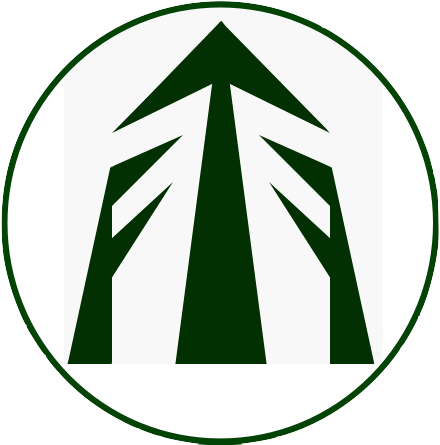Sustainable management or tropical rainforest destruction?
Saturday, August 29, 2015, Dean Satchell's blog
A New Zealand delegation made up of members of the NZ Imported Tropical Timber Group, representing buyers of tropical rainforest timber, recently visited the Solomon Islands to check out supplies of sawn timber. The visit was facilitated by the Pacific Horticultural and Agricultural Market Access (PHAMA) Program, an aid project funded by the Australian and New Zealand Governments.
Now, New Zealand currently imports $4 million worth of timber from the Solomon Islands, so I'm not sure why we would provide further aid to "strengthen the sawn timber industry in the Solomon Islands" under the guise of sustainable management of tropical timber.
New Zealand consumers want assurances that the timber products they buy have been sourced from legally and sustainably managed forests. Despite the value of trade in sawn timber from the Solomon Islands increasing significantly over the past 10 years, only now is a government-funded PHAMA aid initiative stepping in by funding a visit by our timber importers to check out the product and be seen to take the initiative, the "important first step towards sustainable forest management". This initiative is to develop a system of third party legality assurance over the next two years. Wow, sounds like a good deal to me, the importers get a NZ taxpayer funded trip to build relationships with their suppliers and seek an assurance their supplies will grow, with no assurance whatsoever of "sustainable forest management", but only an audit body to ensure eventually the timber will be legal.
Sounds like a pretty good deal for the importers, but what I'd like to know is what level of rainforest destruction is not legal in the Solomon Islands. New Zealand has strict rules around harvesting natural forest and the playing field will only be level when other countries practice truly sustainable forest management, like we do.
Dean Satchell
chair, Farm Forestry Timbers Society
Disclaimer: Personal views expressed in this blog are those of the writers and do not necessarily represent those of the NZ Farm Forestry Association or Farm Forestry Timbers Society.
 Farm Forestry New Zealand
Farm Forestry New Zealand Farm Forestry Timbers - Headlines
Farm Forestry Timbers - Headlines
4 posts.
Post from Vaughan Kearns on June 21, 2017 at 7:43AM
Post from Dean Satchell on July 20, 2017 at 3:07PM
Post from Vaughan Kearns on August 7, 2017 at 1:21PM
Post from Dean Satchell on June 13, 2021 at 9:05AM
Look at the latest on what is happening in the Solomon Islands, an article from 2021. "If logging continues at its current rate, natural forests will be exhausted by 2036". So how did that PHAMA aid money help sustainably manage the timber resource in the Solomon Islands?
Add a post